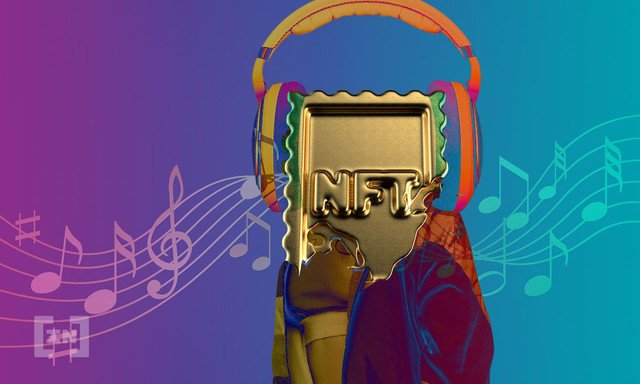Introduction
The rise of Non-Fungible Tokens (NFTs) has brought about a significant transformation in various industries, and the music industry is no exception. In this article, we will explore the impact of NFTs on the music industry, focusing on the opportunities they present for artists and fans. From defining NFTs to examining NFT platforms for musicians, we will delve into the potential benefits and challenges associated with this emerging technology.
NFTs in the Music Industry
I) NFTs Unlocking New Opportunities
The introduction of NFTs has opened up a world of new opportunities for musicians. Artists can sell exclusive content, such as unreleased tracks, limited edition albums, or behind-the-scenes footage, directly to their fans as NFTs. This allows for a more personalized and intimate connection between artists and their audiences.
II) Enhanced Fan Engagement
NFTs enable fans to engage with their favorite artists in unprecedented ways. By owning an NFT, fans gain access to exclusive perks like virtual meet-and-greets, backstage passes, or even the opportunity to collaborate on a song. This heightened level of interaction enhances the fan experience and fosters a deeper sense of loyalty and support.
III) Direct Artist-Fan Interaction
Through NFTs, artists can establish direct channels of communication with their fans. By tokenizing their music, artists can provide updates, and special offers, and even reward loyal fans with unique NFTs. This direct interaction strengthens the artist-fan relationship, creating a more inclusive and participatory music community.
NFT Platforms for Musicians
I) Audius
Audius is a blockchain-based music streaming platform that allows musicians to upload and monetize their music. It recently introduced NFT integration, enabling artists to mint and sell limited-edition music NFTs.
II) Nifty Gate
Nifty Gateway is an NFT marketplace for artists to sell their digital creations, including music-related NFTs. It has collaborated with various musicians and DJs to release limited-edition music NFTs.
III) Rarible
Rarible is a decentralized marketplace where musicians can create, buy, and sell their NFTs. It supports various file types, such as audio and visual assets.
Benefits of NFTs in Music
The utilization of NFTs in the music industry brings several benefits,
Firstly, it allows artists to retain ownership and control over their work, ensuring fair compensation for their creativity.
Secondly, NFTs provide a new revenue stream for musicians, reducing their reliance on traditional distribution channels. Lastly, NFTs foster a deeper connection between artists and fans, leading to increased support and loyalty.
Future Potential
The future of NFTs in the music industry looks promising. As the technology evolves, we can expect to see more innovative use cases and platforms tailored specifically for musicians. NFTs have the potential to revolutionize the way artists monetize their work, interact with fans, and collaborate within the industry. By embracing this technology, musicians can embrace a new era of creativity, ownership, and fan engagement.
Conclusion
In conclusion, NFTs have made a significant impact on the music industry by unlocking new opportunities for artists and fans alike. With the ability to tokenize music and create unique digital assets, artists can forge deeper connections with their audience, monetize exclusive content, and engage in direct interaction. However, challenges such as environmental sustainability and market integrity must be addressed to ensure the long-term viability of NFTs. As technology continues to evolve, NFTs hold immense potential for reshaping the music industry and empowering artists in unprecedented ways.
